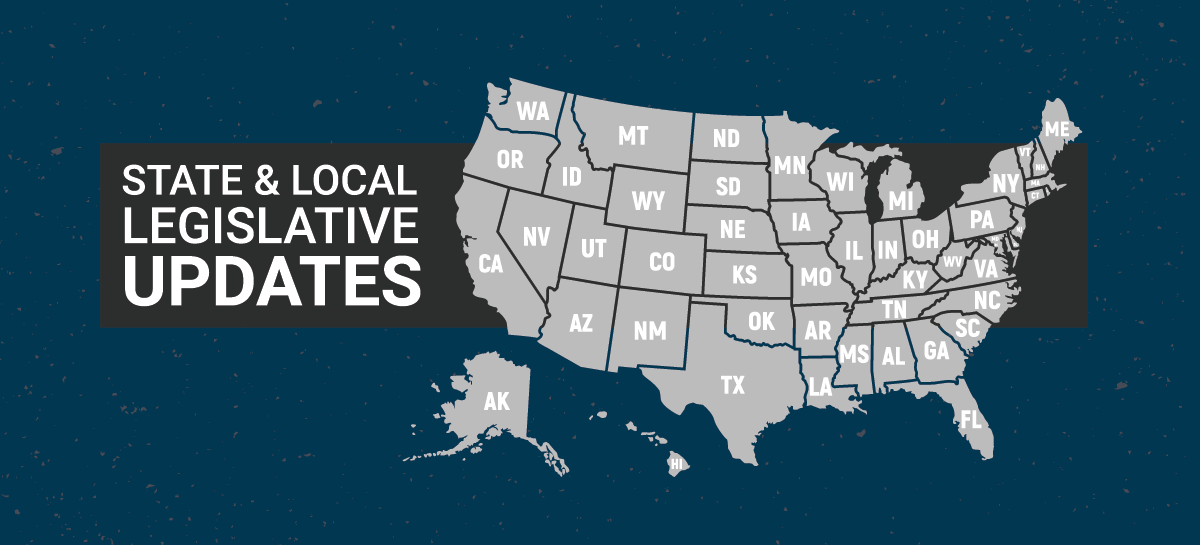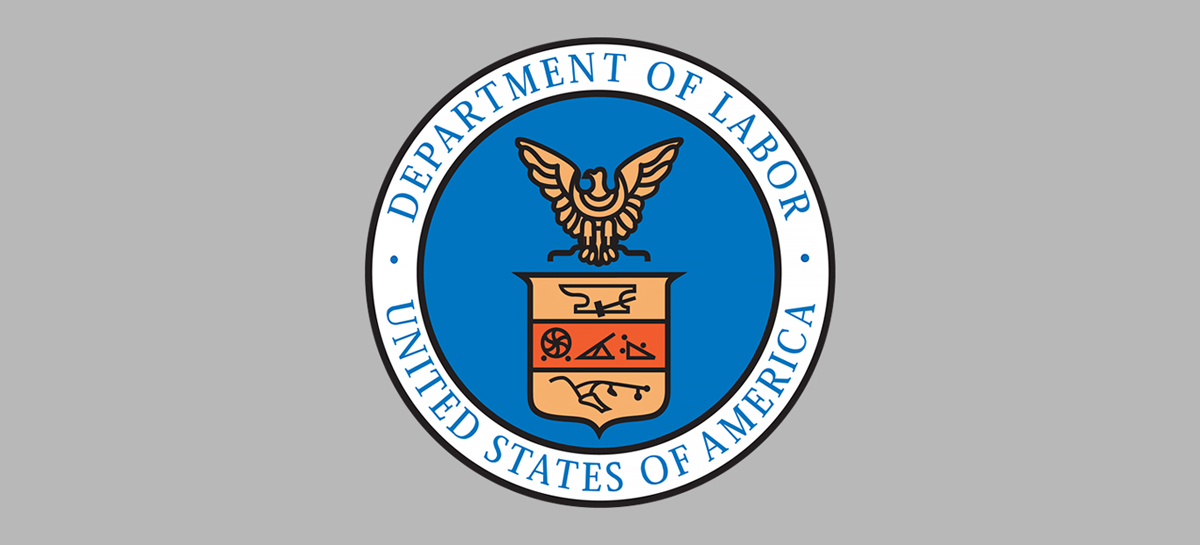What’s driving the shift in DEI programs among top employers? Rob and Jason discuss executive orders, recent trends, state-specific impacts, and potential court rulings that could affect DEI initiatives. Stay informed and ahead of HR changes, reach out to hr@employco.com with any questions!
HR Newsletter: State Legislative Updates

California Deadline for 2024 Pay Data Reporting Is May 14, 2025 – Employers with 100 or more employees and/or 100 or more workers hired through labor contractors, in each case at least one of whom is in California, must file annual workforce pay data reports with the state Civil Rights Department (CRD). 2024 pay data reports are due on Wednesday, May 14, 2025, and the portal for submitting 2024 reports opened on Feb. 3, 2025.
Continue readingHR Newsletter: Several Biden-Era Memorandums Rescinded

On Feb. 14, 2025, the Acting General Counsel (GC) of the National Labor Relations Board (NLRB) issued a memorandum rescinding several policies issued by the previous NLRB GC, including memorandums addressing severance and non-compete agreements, captive audience bans, and the rights of student-athletes under the National Labor Relations Act (NLRA).
Background – GC memorandums are not binding law; however, they inform NLRB field offices of the GC’s NLRA enforcement priorities. These memorandums are essential resources for employers, offering guidance on how the board interprets and applies federal labor law in various situations.
Continue readingHR Newsletter: Interaction Between FMLA and State PFML Programs

In Opinion Letter FMLA 2025-01-A, the U.S. Department of Labor (DOL) addressed the interaction between state and local paid family and medical leave (PFML) and leave taken under the federal Family and Medical Leave Act (FMLA).
The FMLA provides 12 weeks of unpaid, job-protected leave per year for specified family and medical reasons. While FMLA leave is unpaid, the law allows the employee to elect, or an employer to require the employee, to substitute accrued employer-provided paid leave (such as paid vacation or paid sick leave) for any part of the unpaid FMLA leave.
Continue readingHR Newsletter: Rescinding a Job Offer – Best Practices

In most cases, the transition from hiring to onboarding an employee is straightforward. However, in some instances, employers may find themselves in a position where they must rescind a job offer. This is a difficult situation for both the employer and the newly hired candidate. In particular, rescinding a job offer can expose an employer to legal claims and reputational damage. Therefore, it is important for employers to understand the potential ramifications of rescinding a job offer and the measures they can take to mitigate their risks.
Important considerations for employers when rescinding a job offer include:
Continue readingHR Newsletter: 4 Attraction and Retention Trends to Monitor

Employers will likely continue to struggle to attract and retain talented employees this year. An EY report found that 38% of employees are likely to leave their jobs in 2025. This article explores four attraction and retention trends for employers to watch in 2025.
1. The Push for Return to Work – More employers worldwide are becoming “office advocates,” scaling back flexible work policies and mandating five-day in-office work weeks. However, many workers still value remote jobs and flexible work options, requiring employers to balance employee preferences with business needs. Report: Employers, Employees Find Mixed Results in Return-to-Work Programs
Continue readingHR Chat w/Employco USA: Half of Managers Expect Layoffs in 2025
Nearly half of hiring managers anticipate layoffs in 2025—how could this impact your business? Join Rob and Jason in this HR Chat as they explore recent survey findings, hiring freezes, pay adjustments, industry-specific trends, AI’s impact, and more.
HR questions or concerns? Reach out to hr@employco.com.
(WGN News) Chicago’s Unemployment Rate Expected to Rise
Rob Wilson, President and Founder of Employco USA, joins the WGN-TV Evening News to discuss unemployment in Chicago and its expected rise with the announced closure of dozens of local retail stores.
Watch here: https://www.youtube.com/watch?v=rBBlqxexqrc
HR Chat w/Employco USA: ACA Reporting
Join Rob and Jason in this HR Chat as they discuss a recent change to ACA reporting that will reduce costs and paperwork for employers. Employers should be aware of state exceptions and ensure compliance.
For more details or personalized guidance, reach out to hr@employco.com. Watch the full video to learn more.
HR Newsletter: State Legislative Updates

California Updates Employee Leave Law Poster – The California Civil Rights Department has updated the workplace poster for family and medical leave and pregnancy disability leave.
Continue reading